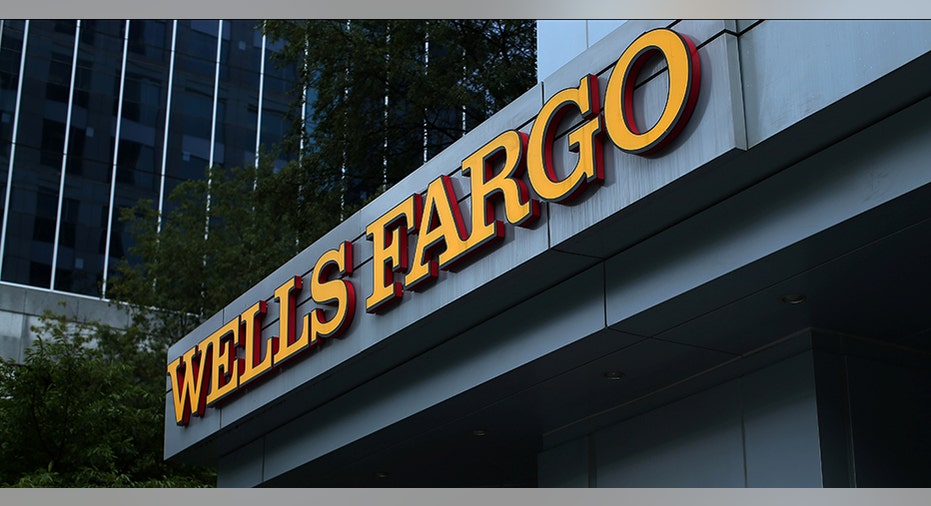Measure would force Wells Fargo to court over fake accounts

SACRAMENTO, Calif. – The California Legislature backed a measure Wednesday that could require Wells Fargo to go to court with consumers who say they were harmed by the bank's fake account scandal.
The legislation would prohibit the San Francisco-based bank in some cases from relying on contract provisions that require customers to settle disputes through arbitration rather than the courts.
Wells Fargo customers agreed to mandatory arbitration when they signed up for legitimate accounts, said Sen. Bill Dodd, a Napa Democrat who wrote the bill. But those agreements should not affect "fraudulent accounts that were brought forth by stealing their customers' personal information," he said.
The Senate's 25-13 vote sends SB33 to Gov. Jerry Brown.
The bill would not help customers who have already taken their claims to arbitration. It's unclear how many consumers have claims that haven't been arbitrated and could end up in court if Brown signs the measure.
A Wells Fargo spokeswoman, Erika Reynoso, declined to comment.
Business groups opposed the legislation, warning that the wording is confusing, likely pre-empted by federal law and could subject employers to costly and unnecessary lawsuits.
"Ambiguity, inconsistency and confusion only serves to benefit trial attorneys and their ability to pursue more costly litigation with higher attorney fee recoveries, not consumers," the California Chamber of Commerce wrote in a letter to lawmakers urging them to vote against the measure.
Consumer advocates oppose the growing use of mandatory arbitration in the fine print of contracts. They say arbitrators are often friendly to the corporations that hire them in hopes of getting more business settling disputes with the company.
Wells Fargo says 3.5 million accounts were potentially opened without permission from customers between 2009 and 2016. The company acknowledged a year ago that employees under pressure to meet aggressive sales targets had opened accounts that customers might not have even been aware existed.
The company has paid $185 million to regulators and settled a class-action suit for $142 million. Former chief executive John Stumpf lost his job.



















